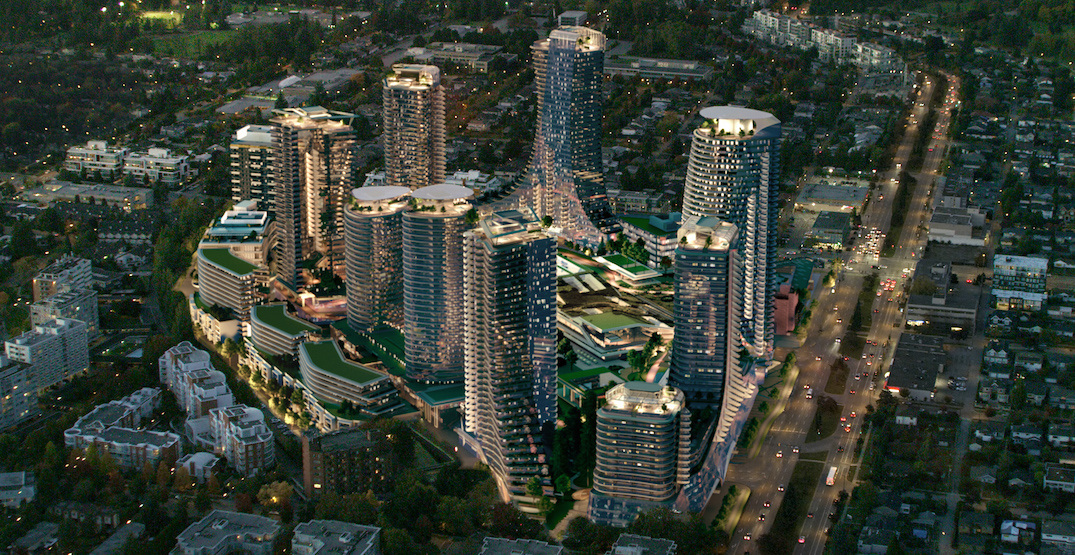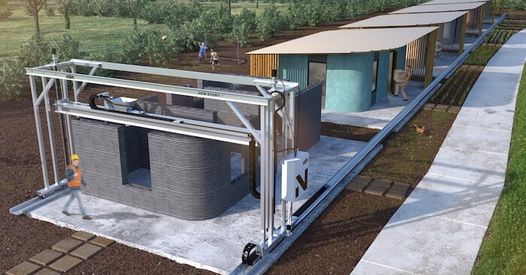A 42 story tower where you can “trade a car for a condo” does not sound like affordable housing, which Vancouver desperately needs. It sounds like more wealthy people getting wealthier. If someone can afford a car to trade, then they do not require “affordable housing”. And yet metro VC homelessness has spiked sharply, including individuals who work full time jobs. Rather than do something sensible about it, developers seem to be given preference towards making matters worse. Note that while the top of the articles say “homeowners”, subsequent articles uses the term “rental properties”. It is NOT affordable to rent for one’s entire life.
Simple solution to all the media headlining problems (affordable housing, food shortages, climate change) – small town zoning only. Suburbs. Local businesses. 1/2 acre minimum per house green space law. People grow their own food in their own gardens, drive 10 minutes to work every day, and car pool with their neighbor. Oh my gosh, that sounds like the 80’s!
Western society reached what may have been the most humane society in the history of history in 1980’s. The Hippies grew up, but kept the dream of an Age of Aquarius in their hearts. This is the time when I grew up, and those are the values I hold. People were self-reliant but community oriented. You knew your neighbors, and for the most part you liked the majority of them. You knew everybody in town but had space for your own peace and privacy, even within your own home. People had more freedom to do what they liked, because there was that space to do so. Nobody thought twice about owning a car and owning a home, even the people on welfare had equity.
And that’s the simple solution – reduce urban density. Keep the cap on the number of rentals. Tie how much a landlord can charge to square footage, not location. If the tenant has to live in 450 sq ft, then the most rent can ever be is $450. If someone wants to make $2500/month, they have to design apartments with 2,500 sq ft. Simple math. Not very profitable for the investors, but that’s what Affordable Housing would require. When existing buildings become places to live rather than conglomerate investments, prices will shrink and housing will become affordable.
RECOMMENDED READING:
- Oakridge Centre redevelopment offering “car for a condo” trade-in
- 775 additional homes, more offices in revised Oakridge Centre design (RENDERINGS)
- Tent city residents promised shelter at a B.C. hotel evicted for not paying rent





You must be logged in to post a comment.